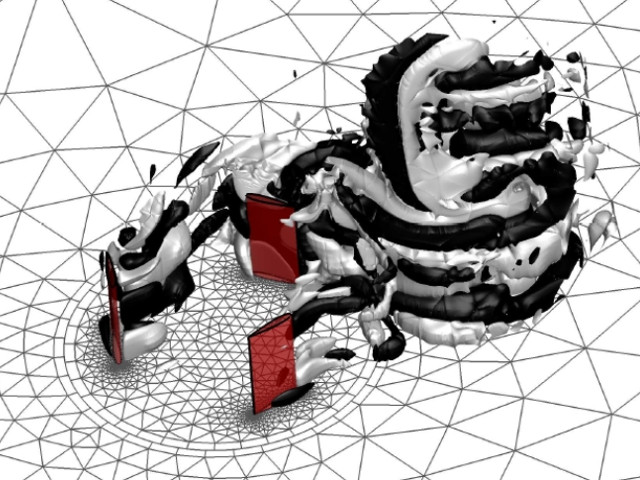Authors
Jacobo Rodríguez, Ana Laverón-Simavilla, Juan M. del Cura, José M. Ezquerro, Victoria Lapuerta, Marta Cordero-Gracia
Journal Paper
http://doi.org/10.1016/j.asr.2015.07.003
Publisher URL
https://www.sciencedirect.com/
Publication date
October 2015
This work describes the innovation activities performed in the field of space education since the academic year 2009/10 at the Technical University of Madrid (UPM), in collaboration with the Spanish User Support and Operations Center (E-USOC), the center assigned by the European Space Agency (ESA) in Spain to support the operations of scientific experiments on board the International Space Station. These activities have been integrated within the last year of the UPM Aerospace Engineering degree.
A laboratory has been created, where students have to validate and integrate the subsystems of a microsatellite using demonstrator satellites. In parallel, the students participate in a Project Based Learning (PBL) training process in which they work in groups to develop the conceptual design of a space mission. One student in each group takes the role of project manager, another one is responsible for the mission design and the rest are each responsible for the design of one of the satellite subsystems. A ground station has also been set up with the help of students developing their final thesis, which will allow future students to perform training sessions and learn how to communicate with satellites, how to receive telemetry and how to process the data.
Several surveys have been conducted along two academic years to evaluate the impact of these techniques in engineering learning. The surveys evaluate the acquisition of specific and generic competences, as well as the students’ degree of satisfaction with respect to the use of these learning methodologies.
The results of the surveys and the perception of the lecturers show that PBL encourages students’ motivation and improves their results. They not only acquire better technical training, but also improve their transversal skills. It is also pointed out that this methodology requires more dedication from lecturers than traditional methods.



